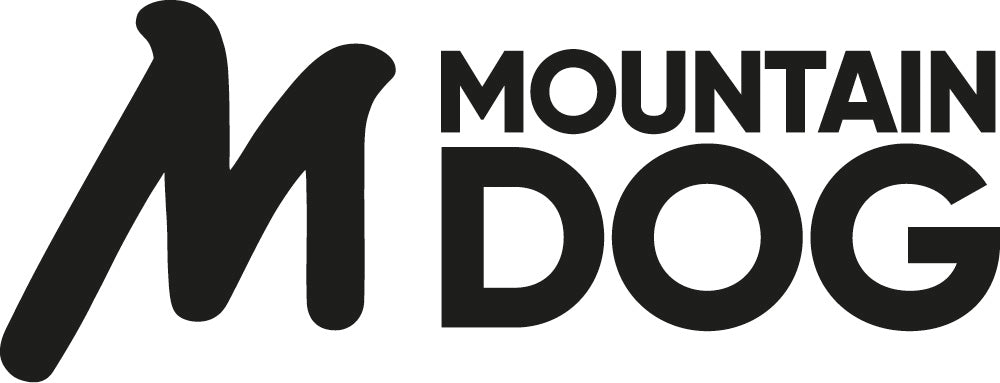Training your pooch is one of your biggest responsibilities as a pet parent.
While puppies do fill our lives with cuddles and kisses, they can also be little terrors - doing their best Houdini impression, chewing furniture, barking at the door, and peeing on your floor, are all undesirable behaviours that most puppies are prone to.
Adequate training helps ensure your pup will grow up to be a model citizen, and training tools make this process much easier.
Even if your dog is fully grown or fully trained, reinforcing the training, or improving on their training, is never a bad idea! These recommendations are also suitable for rescue dogs who need some training.
Read on to see our most recommended training tools for a puppy or dog.
Treat Pouch
With you as the chief treat dispenser, you have more opportunities to reward your dog when they perform a desirable behaviour!
Treat bags and pouches allow for on-the-fly, swift rewarding, instead of fumbling around in your pocket. Dogs require very quick rewards following a desirable behaviour, so that they can link the reward and the behaviour together - too much time between the two can break the connection.
A bag or pouch will also keep your pockets free of treat smells or marks.
Our recommendations:
- Treat Trader Pouch by Ruffwear
- Snakpak Treat Bag by EzyDog
- Home Trail Hip Pack by Ruffwear
Treats
What's a treat bag without treats to fill it up?
Many brands offer treats, specifically made with training in mind. Training treats should be very appealing in smell, to entice your dog, and bite-sized, so your dog doesn't get full during a training session.
We've found that the tastier, and smaller the treat, the more your dog will be willing to work for one!
Our recommendations:
- Chicken & Beef Training Treats by Lily's Kitchen
- Soft Bites Salmon-Flavoured Treats by Forthglade
Whistle
Whistles are a staple for most dog trainers, and are often used with working dogs.
These whistles are designed to emit a more consistent sound to a verbal cue, which can help your dog learn commands quicker. Verbal cues are used in everyday dialogue between other people, and we naturally use a range of tones when speaking. However, the whistle is always the same.
Whistle sounds also travel further than the human voice, making these especially useful for working dogs, such as hunting or herding dogs.
An example of this use would be for recall. You may choose 2 whistle toots to mean "come here", and when your dog comes to you / acknowledges the sound, you mark the behaviour with verbal praise and a reward.
Our recommendations:
- Silent Dog Whistle by MDOG
Clicker
Much like the whistle, clickers are another training aid used by many, replacing the verbal praise.
We often use verbal praise in sentences, and as our voices carry a lot of different tones, it can confuse a dog or puppy. On the other hand, a clicker sound is easily recognisable.
The timing of the clicker is critical, but works brilliantly when done right. As soon as the dog performs the desired behaviour, use the clicker and reward within seconds of the click.
Our recommendations:
- Pro Clicker by MDOG
Recall Lead
Long-line leads are a lifesaver for recall training.
With a range of lengths to choose from, you can safely practice recall training with your puppy or dog, without worrying about them escaping. The best part is, even after training, long leads are perfect for safely exploring open spaces, where control is also needed,
Our recommendations:
- Grip Long Line by DNA
- Explorer Long Line by DNA

